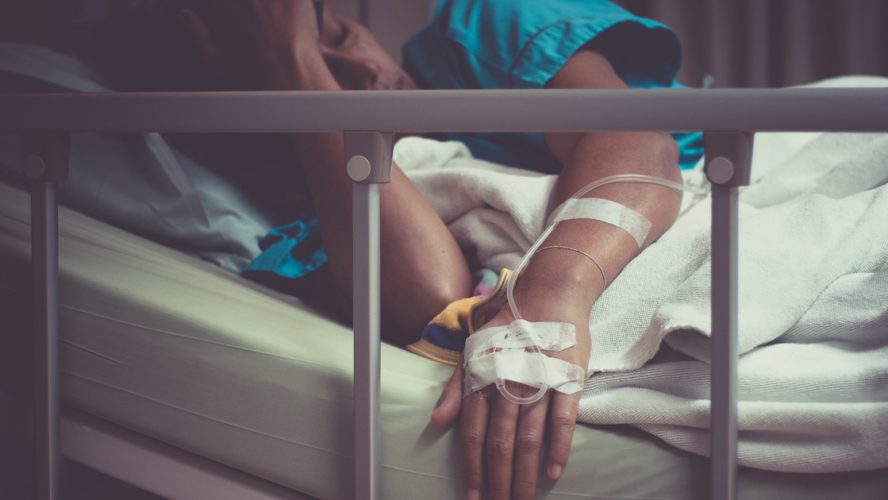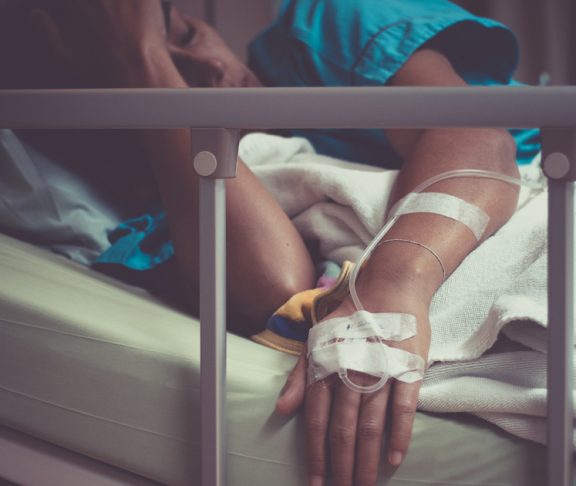
Barbara OConnell
CEO, ABI Ireland
A lack of suitable neuro-rehabilitation services from hospital to home is having a negative impact on those surviving brain injuries, says Barbara O’Connell, CEO, ABI Ireland.
More and more people are surviving brain injury because of advances in medicine and technology. This reality is now putting pressure on the Irish healthcare system. Since there is a dearth in suitable neuro-rehabilitation services across the pathway from hospital to home for the person with Acquired Brain Injury (ABI).
10,000-13,000 people a year survive and live with a brain injury. There is no epidemiological data available on ABI in Ireland.
Their needs within the healthcare system are relatively unknown. There is a lack of ABI services in Ireland. These services are in limited supply. Those that do exist are underdeveloped and under-resourced. People with ABI wait an inordinate amount of time to gain access to specialist rehabilitation and many never get access at all. Current Government policy has failed to deliver any change in the lives of people with ABI and their families.
Challenges
However, the problem remains that ABI IS largely hidden in society. Those living with an ABI experience a range of impairments.
People have different challenges depending on their personal injury. For example, in understanding, thinking, perceptions, planning and managing emotional and behavioural responses.
Those with ABI live in the margins of our society. Many, often as young as 25 years, are consigned to live in highly inappropriate settings due to the lack of suitable services. Such as nursing homes and community hospitals or at home where families are not coping. Others live with the impact of brain injury which is largely hidden, with the person looking perfectly well yet very debilitated in terms of being able to function. Many people with ABI are unable to move from the acute hospital because of the lack of post-acute and community supports available. In current health policy terms these people are now referred to as “delayed discharges”.
Comprehensive and seamless neuro-rehabilitation services from the acute hospital and back to the community is the solution to enabling the survivor of a brain injury to regain function and to relearn the skills of life again. Neuro-rehabilitation is a new and emerging field in health policy in Ireland. International research has provided evidence to prove that it is highly effective in terms of the outcomes for the person. It is a cost effective solution to the issues that arise for the person as a result of brain injury.
Resourced
There is a need to increase public awareness of ABI. Also, enhance the understanding of what life is like with a brain injury. There is also a need to engage in political and public advocacy. This to ensure that the services are properly resourced, that people can move through the pathway seamlessly. And in time go back to their communities and lead meaningful lives. A national advocacy campaign launched this year by Acquired Brain Injury Ireland in the form of an ABI Manifesto (Don’t Save Me Then Leave Me Rehab is a Right Not a Request). Is calling on the Government to recognise this group and to introduce a programme of investment for those with ABI and to implement the current policy on neuro-rehabilitation.
Read more: www.abiireland.ie/advocacy-campaign

